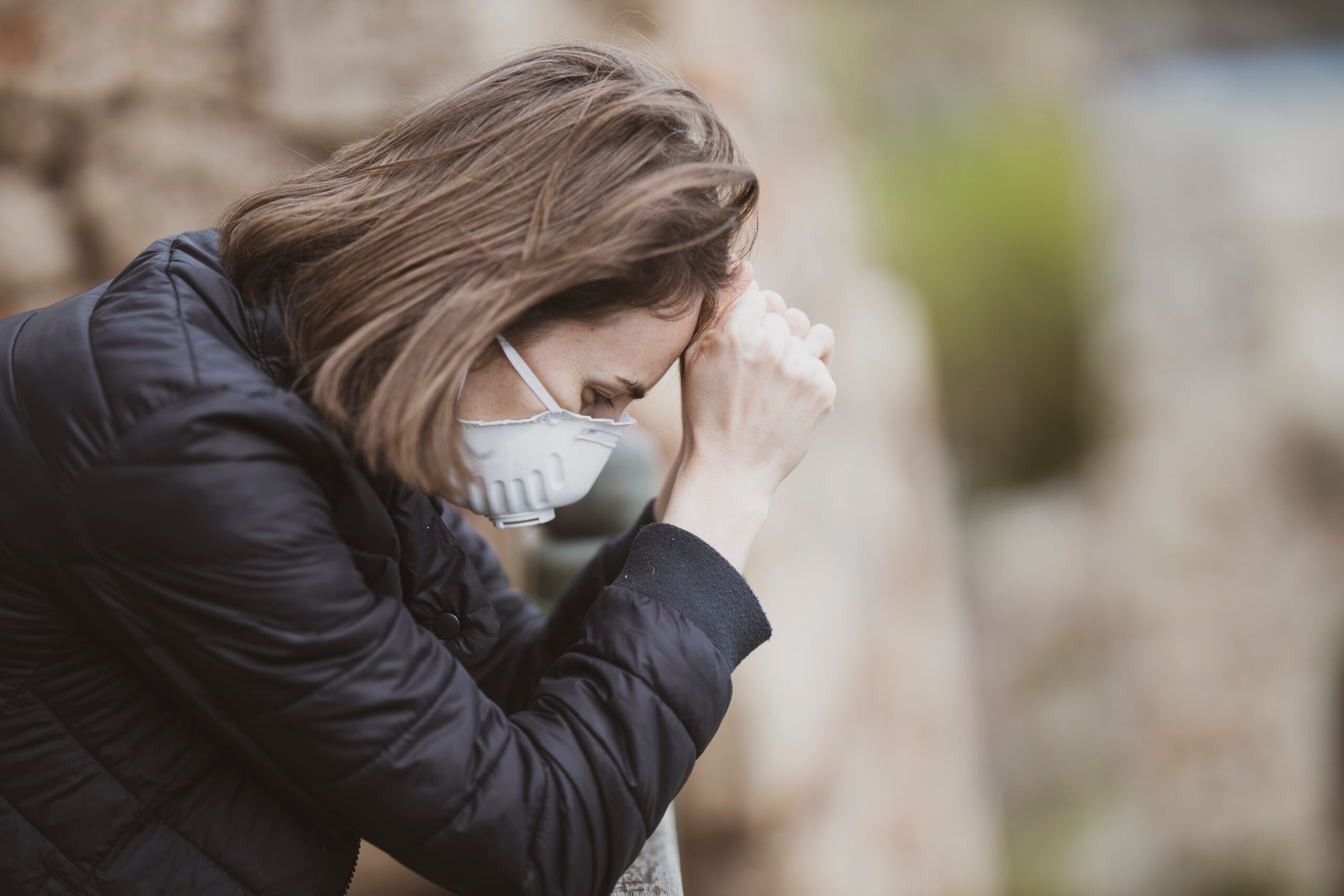John Grant
Experts say there are ways to cope with rising rates of depression and anxiety during the second wave of COVID-19 in Ontario.
Luisa de Amara, Gestalt Therapist at Growing Edge Psychotherapy in Toronto, said people should not have any judgment towards how they are feeling and “to increase self-care as much as possible.”
De Amara’s practice of Gestalt therapy specializes in personal responsibility. She also says we should just accept how we feel with no judgments.
“That’s something I find a lot of people get into trouble is when they start judging themselves for what they are feeling. I think it is important to acknowledge ‘wow, I’m scared.’ Or ‘wow, that was really tough’. Rather than ‘why am I so scared?’,” de Amaral said.
Sara Liborio is a server at The Wren restaurant in Toronto says she feels more anxious than ever before because of the second wave cases.
“It is very anxiety-inducing to return to work as the numbers keep on rising. There are a lot more steps you need to take in order to ensure the safety of your customers, your coworkers as well as yourself,” Liborio told Humber News.
“There are even more steps now, and things are very uncertain,” she said.
“It’s a day to day challenge. Sometimes minute to minute. The anxiety of whether or not there will be work to come back to if we need to shut down again. There many factors that make it hard not to feel anxious, but you have to just try your best and ensure safety is the first priority,” she said.
In a survey of adults 18-39, The Centre for Addiction and Mental Health in Toronto found an increase from 25.3 per cent last May to 31.2 per cent this past July.
Eric Windhorst, a psychotherapist, counsellor, and life coach, who has his own practice in Hamilton, said that we should all start with acknowledging what’s right in front of us.
“I think it is important to first acknowledge that while the second wave will be challenging for all of us, it will impact each person in unique ways. The uncertainty, risk, and other challenges (e.g., isolation, financial difficulties, etc.) can be very stressful (and even traumatizing) so finding ways to healthily cope with our emotions is critical,” Windhorst said in an email to Humber News.
Windhorst said we must find ways to stay in touch with loved ones we won’t be able to see and use isolation as a stepping stone for growth and self-reflection.
Even though a second wave is upon us, people can call helplines to ease some of the stress.
“If a person is having a very difficult time, calling the crisis line can be quite helpful. Because the volunteers are trained to work. So it’s not strictly for people who are dealing with suicide risk, necessarily, but it is someone on the other end that can speak with you,” de Amara said.
Number to Call if you are feeling anxious or depressed.
Canada Suicide Prevention Service- 1-833-456-4566
Kids Help Phone- 1-800-668-6868
Crisis Services Canada- 833-456-4566

